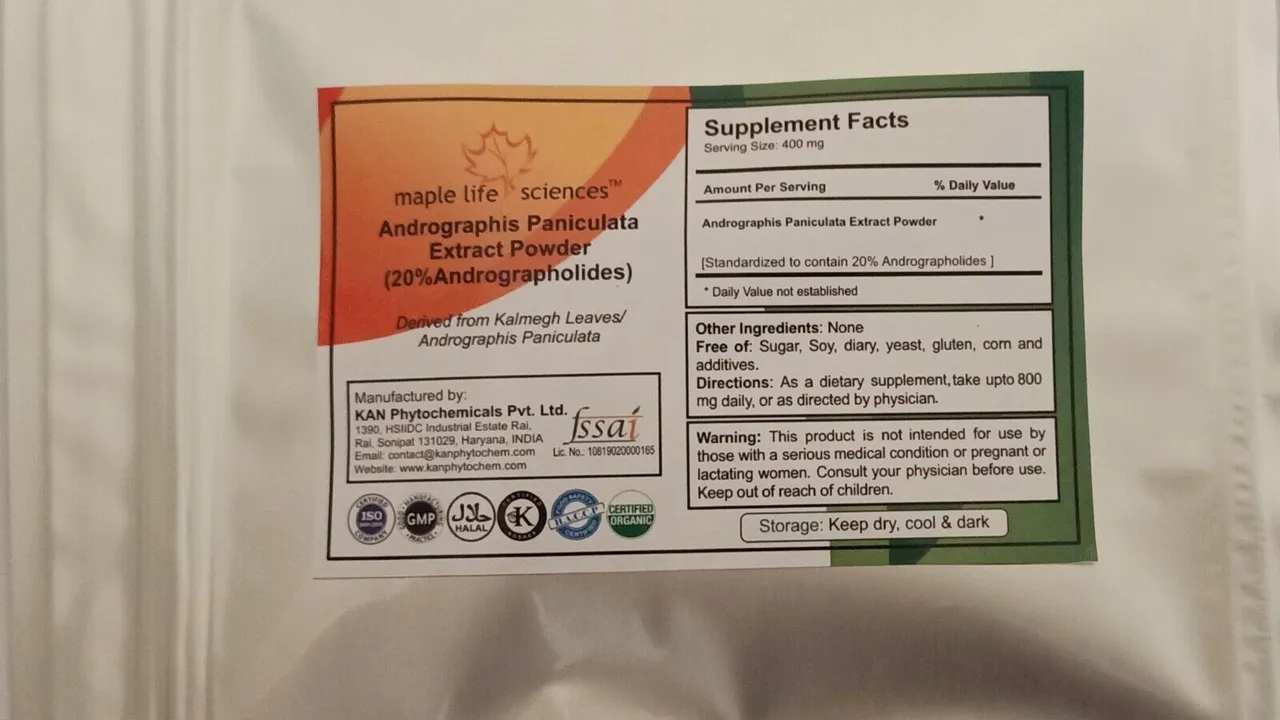Verapamil and Liver Health – What You Need to Know
If you take Verapamil for blood pressure or heart rhythm, you might wonder how it treats your heart without harming other organs. The short answer: most people tolerate it well, but the liver can feel the pressure if you’re not careful. In this guide we break down what Verapamil does to the liver, signs of trouble, and easy steps to stay safe.
How Verapamil Affects Your Liver
Verapamil is broken down in the liver by enzymes called CYP3A4. When those enzymes work fast, the drug clears quickly; when they slow down, more of the medication stays in your system. This can raise blood levels and increase the risk of liver irritation. Most users never notice a problem, but some report elevated liver enzymes on routine tests. That’s why doctors often ask for a baseline liver panel before starting treatment.
The most common liver‑related sign is a mild rise in ALT or AST – two enzymes that signal liver stress. These spikes are usually temporary and return to normal once the dose adjusts or the drug stops. Rarely, Verapamil can trigger hepatitis‑like symptoms such as jaundice, dark urine, or severe fatigue. If you feel any of these, call your doctor right away.
Tips to Keep Your Liver Safe While Using Verapamil
First, never skip the blood test your doctor orders after a few weeks on the medication. It’s a quick way to catch enzyme changes before they become an issue. Second, avoid drinking heavy alcohol while starting Verapamil; alcohol also taxes the liver and can amplify side‑effects.
Third, watch for drug interactions. Over‑the‑counter painkillers like ibuprofen or certain antibiotics can compete with Verapamil for the same liver enzymes, raising its level in your blood. If you need another medication, ask a pharmacist how it might affect Verapamil.
Fourth, maintain a healthy diet rich in antioxidants – think berries, leafy greens, and nuts. These foods support liver function and can help the organ recover from minor stress. Hydration matters too; drinking enough water helps flush metabolic waste.
Finally, stick to your prescribed dose. Some people think taking more will control symptoms faster, but that just puts extra load on the liver without added benefit. If you feel your heart condition isn’t improving, talk to your doctor instead of adjusting the pill yourself.
Bottom line: Verapamil can be a great tool for managing blood pressure and arrhythmias, but like any medication it needs respect. Regular labs, mindful drinking, and watching out for other drugs keep your liver humming along while your heart stays steady.
Hey guys, I want to dive into something important today. We're going to discuss Verapamil and liver health. I know, it's a heavy topic, but it's vital we understand the effects of this medication on our body, especially our liver. We'll also talk about safety precautions we need to consider. So come along with me on this journey of discovery, for our body's sake.

